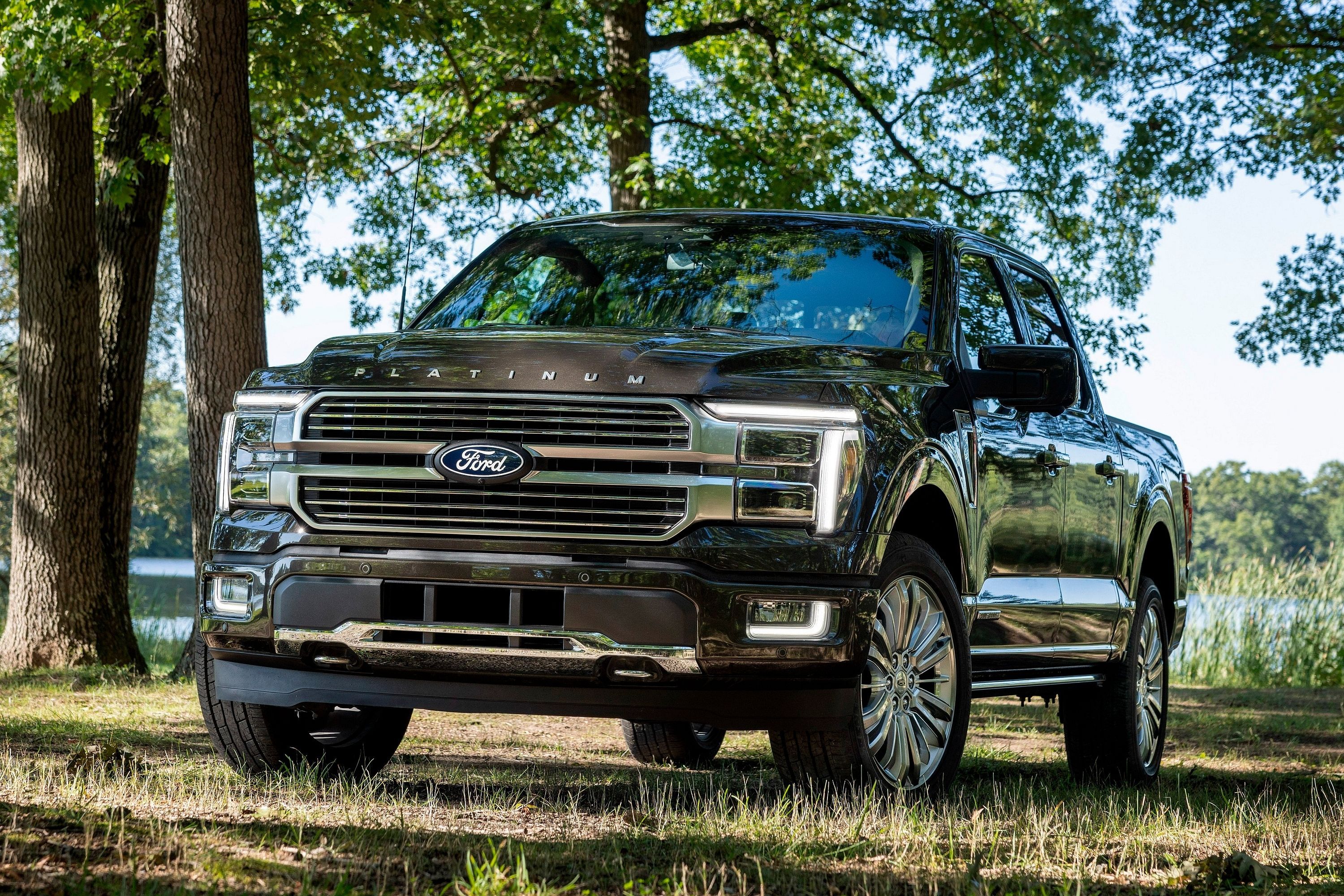
Electric vehicles are the future we're told. Car websites get excited about them, the national mainstream media is still reporting on them as the next big thing, and the tech industry and politicians are pushing them as the answer to all our woes. Ford has discovered there's one major problem though - people don't fundamentally understand what an electric car is. More precisely, the automaker has discovered through an independent study that, among other things, 42 percent of Americans think electric vehicles still require gas to run.
That's a surprising number as, after all, the clue is in the name. Ford's Global Director, Electrification, Ted Cannis, is understandably concerned about this and in a blog post on Medium, he talks about how critical education is going to be for Ford's drive into electrification. He also finds he gets questions from friends and family that include: "Are electric vehicles fast?" "Do they work in winter?" "Can I really give up visiting the gas station?" and "Are they capable enough to help me do my job?"
The study also found that over two-thirds of Americans and Europeans don't believe that electric vehicles are capable enough in terms of towing and hauling. It looks like that's where Ford has started its campaign on education though with its jaw-dropping stunt of towing over 1 million lbs with just one truck.
There are other findings from the study of interest, including that close to 80 percent of Americans would not pick an electric vehicle for extreme weather, while nearly 65 percent would not choose one for all-wheel drive. While it's true that temperature has an effect on battery capacity, Cannis points out that "hot Southern California and mile-high, snowy Denver are among the top US markets for electric vehicles." He also points out temperature affects gas cars in range in the winter as well as the summer when people use their air conditioning.
This finding probably explains another video that Ford has just released featuring an electric prototype being proven in the snow.
